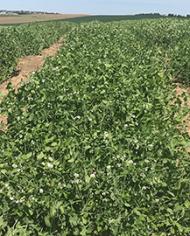ARS researchers recently developed and released three new pea cultivars that can be grown in the cooler months.
Search Articles
-
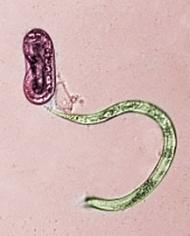
In recent years, farmers in the southeastern United States have struggled with the invasive guava root-knot nematode.
Apr 26, 2023 -
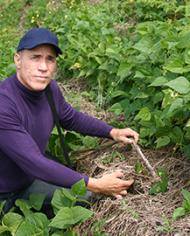
Scientists investigated practices that might help smallholder farmers increase sustainability of their lands and adapt to a changing climate.
Apr 20, 2023 -
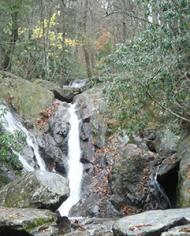
ARS researchers examined rhododendron plants growing in native stands, looking for microbes that cause diseases that affect other plants.
Apr 17, 2023 -
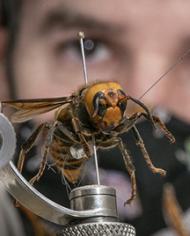
ARS is working with the Washington State Departments of Health and Agriculture and USDA’s Animal and Plant Health Inspection Service to prevent the northern giant hornet, formerly known as Asian giant hornet, from becoming established in the United States.
Aug 25, 2021 -
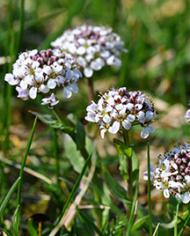
Researchers determined that winter camelina and pennycress are effective in reducing excess nitrogen and preventing its escape from farmland.
Mar 31, 2021 -
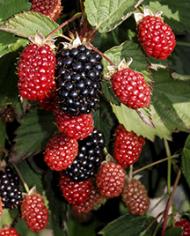
ARS researchers released two new varieties of blackberry: ‘Twilight’ and ‘Hall’s Beauty.’
Mar 25, 2021 -
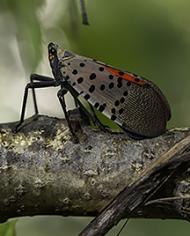
A team of ARS scientists in cooperation with Pacific Biosciences published the first genome of the invasive spotted lanternfly.
Mar 23, 2021 -
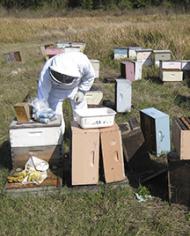
Putting honey bees into indoor cold storage in October rather than November increases their chances of surviving the winter.
Mar 22, 2021 -
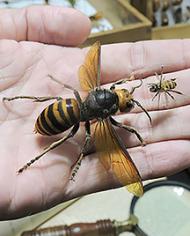
ARS is helping lead the mapping of the first complete genome of the Asian giant hornet.
Mar 11, 2021 -
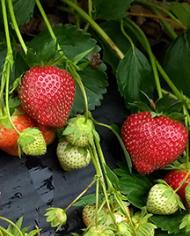
Learn about the Keepsake strawberry developed by ARS
Mar 11, 2021 -
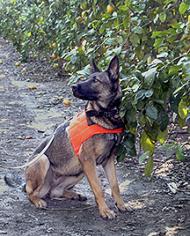
Scientists are using dogs to sniff out citrus orchards for the devastating pathogen HBL, also known as Citrus Greening.
Mar 11, 2021



